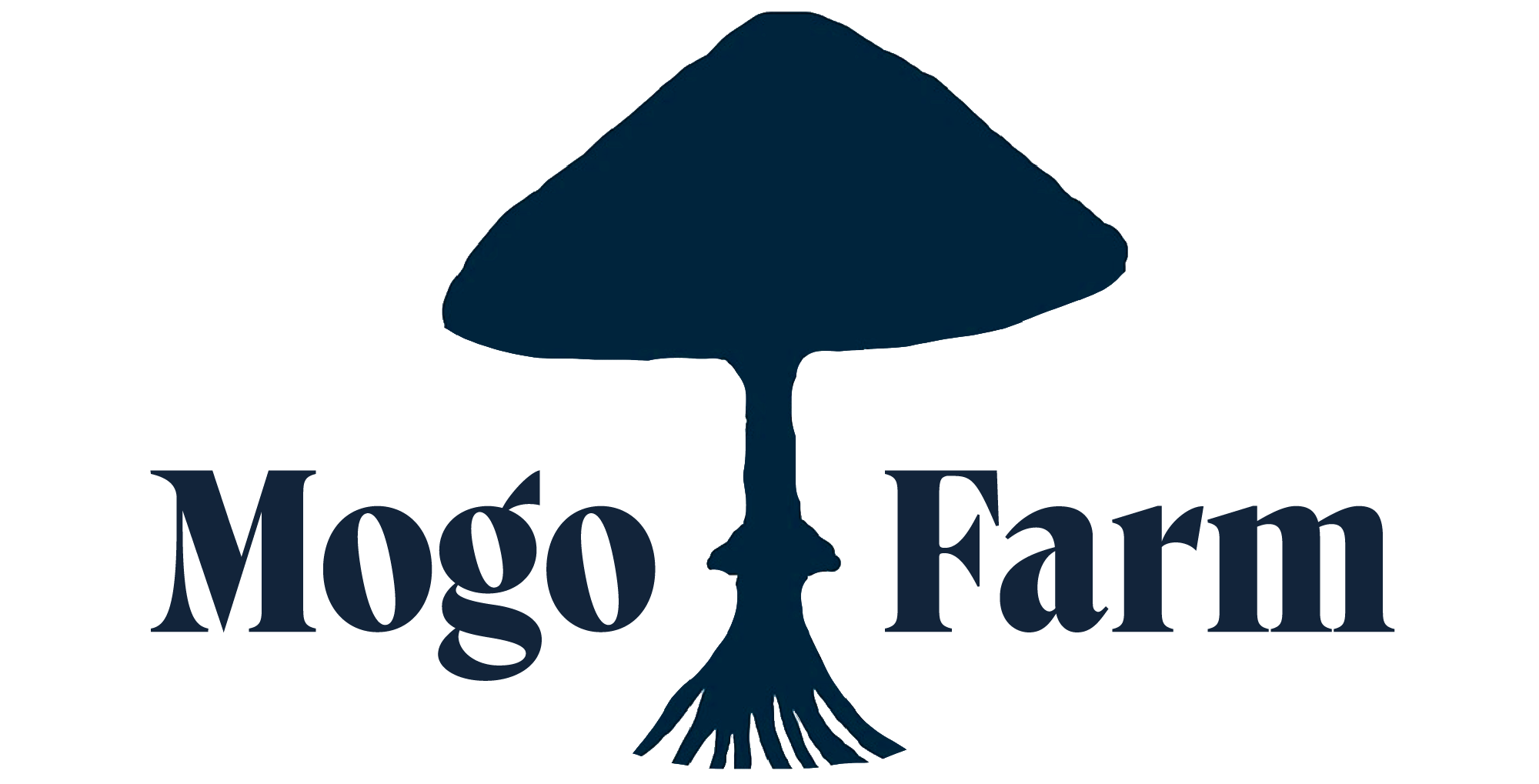The Maitake mushroom (Grifola Frondosa), often called the “hen of the woods” or “dancing mushroom,” has been valued for centuries as both food and medicine. It grows in large, fan-shaped clusters at the base of hardwood trees such as oak, and has long been treasured in East Asia for its ability to support vitality and resilience. Today, Maitake is recognised globally as a powerful functional mushroom, and tinctures are one of the most effective ways to experience its benefits.
Fascinating Facts About Maitake
Maitake is a mushroom with plenty of character and folklore. In Japan, it was once so rare and valuable that people would literally dance with joy when they found it in the wild, which is how it earned the name “Maitake,” or “dancing mushroom.”
Maitake can also grow to an astonishing size. Some clusters have been recorded at over 45 kilograms, making them one of the largest edible mushrooms in the world. Foragers who discover a Maitake this size not only secure a culinary treasure but also a mushroom that can feed a whole community.
Its appearance is another reason it stands out. With overlapping fronds that resemble feathers, Maitake is often compared to a hen ruffling her feathers, giving rise to the English nickname “hen of the woods.” Unlike many medicinal mushrooms that are tough or woody, Maitake is also a delicious edible, prized by chefs for its rich, earthy, umami flavour.
A Rich History of Use
In traditional Chinese medicine and Japanese herbal practices, Maitake was regarded as a tonic mushroom for maintaining balance and longevity (Chen et al., 2024). Modern science has begun to explain why Maitake earned such reverence. Its bioactive compounds, especially beta-glucans like the D-fraction are now widely studied for their ability to modulate immunity and influence metabolic processes (Masuda et al., 2012; Memorial Sloan Kettering Cancer Center, 2025).
The Key Benefits of Maitake
Immune Support
Maitake is best known for its immune strengthening properties. Research shows its polysaccharides stimulate macrophages, natural killer (NK) cells, and T-cells, key components of the body’s natural defences (Masuda et al., 2012). Clinical studies also suggest that Maitake extracts may improve immune responsiveness in patients undergoing medical treatment, though larger studies are still required (Kodama et al., 2010).
Metabolic Balance
Several studies point to Maitake’s potential to support healthy blood sugar regulation. By improving insulin sensitivity and reducing fasting glucose, Maitake may help the body maintain metabolic balance (Konno, 2009).
Cardiovascular Health
Research has also linked Maitake with improvements in cholesterol levels and lipid metabolism, which may support cardiovascular wellness (Kubo & Nanba, 1997). In addition, its antioxidant and anti-inflammatory compounds help reduce oxidative stress, which contributes to aging and chronic conditions (Chen et al., 2024).
Support During Menopause
Maitake may also play a beneficial role during menopause. Changes in hormones at this stage of life are often associated with weight gain, blood sugar fluctuations, bone density loss, and increased cardiovascular risk. Studies suggest Maitake’s ability to improve glucose control (Konno, 2009) and regulate lipid metabolism (Kubo & Nanba, 1997) may help address some of these challenges. In addition, its immune-modulating and antioxidant compounds can support resilience and wellbeing at a time when women are more vulnerable to inflammation and chronic disease.
Why Maitake Tinctures Are a Great Addition to Your Routine
Maitake tinctures are prepared using dual extraction, a method that combines both hot water and alcohol to capture the full spectrum of active compounds. The water extracts polysaccharides such as beta-glucans, while the alcohol draws out smaller, alcohol soluble compounds with antioxidant and immune modulating activity.
This process results in a concentrated liquid extract that preserves the potency of maitake’s bioactive molecules. Tinctures also offer flexibility and precision, making them a simple way to integrate Maitake into daily routines.
Safety and Quality
When choosing Maitake tinctures, it is important to look for products made from the fruiting body rather than mycelium, as this ensures higher concentrations of beneficial compounds (Memorial Sloan Kettering Cancer Center, 2025).
Maitake is safe as a food, but concentrated extracts may interact with medications for diabetes or blood pressure. Anyone with a medical condition should consult a healthcare professional before starting supplementation.
Conclusion
The Maitake mushroom has earned its place as one of the most respected functional mushrooms. From its roots in traditional medicine to the growing body of modern research, Maitake continues to demonstrate powerful immune, metabolic, cardiovascular, and even menopause-related benefits. Tinctures offer one of the best ways to access these benefits, providing a potent, full-spectrum extract that honours the tradition and science behind this remarkable mushroom.




